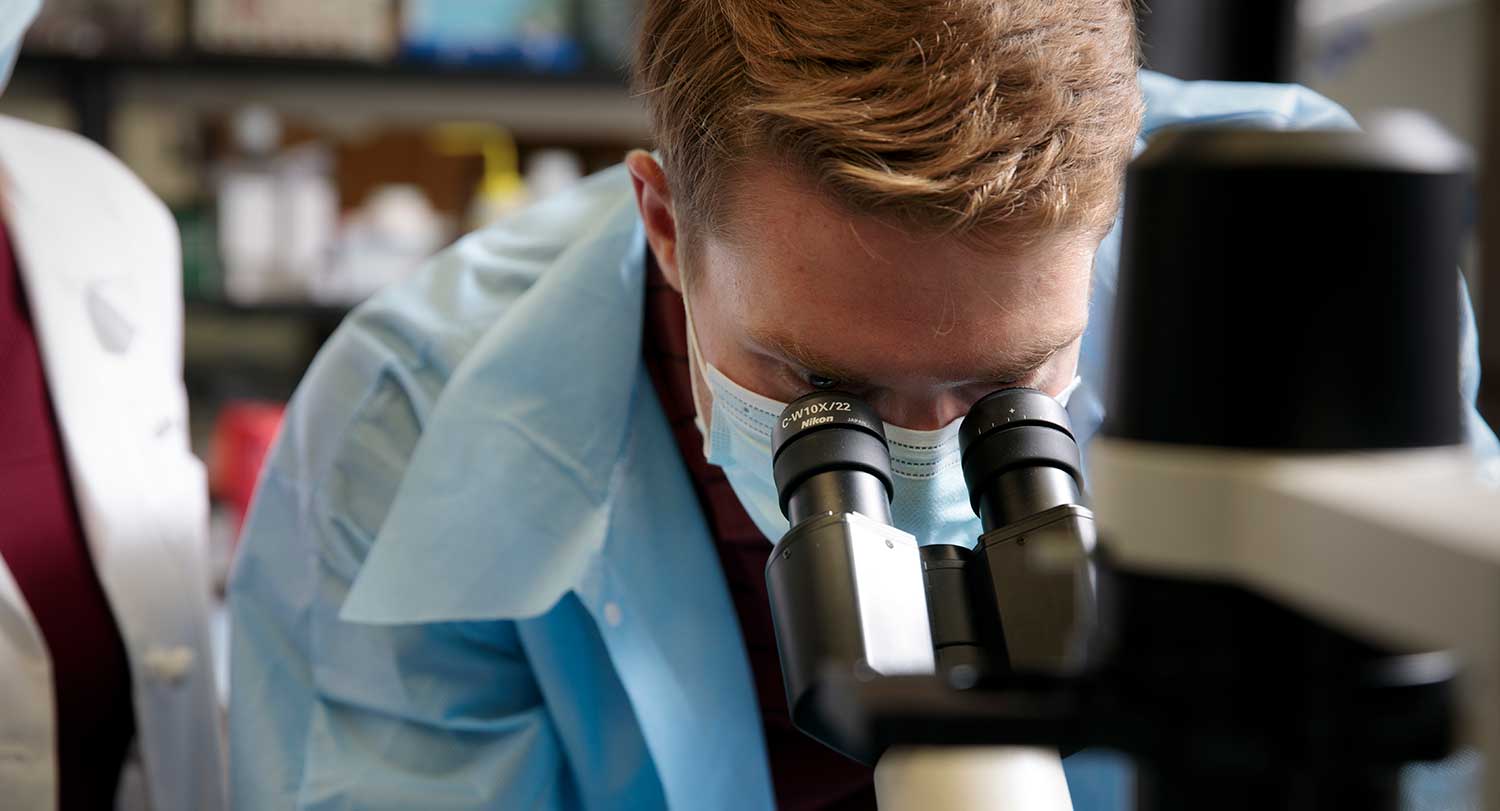
USC partners with health systems and patients to address chronic illness care across S.C.
Health science researchers from the University of South Carolina are taking a new approach to address chronic health conditions and reduce patient hardships across the state.
Funded by an $11 million grant from the National Institutes of Health, USC’s new Center for Clinical and Translational Research will develop a cohesive approach for turning laboratory, clinical and community observations into effective interventions by connecting university researchers and providers from the Columbia Veterans Affairs Health Care System and Prisma Health directly with patients and caregivers.
Over the next five years, the Institutional Development Award (IDeA) funded center will be led by Dr. Francis Spinale from the School of Medicine Columbia and Dr. James Hébert from the Arnold School of Public Health.
“We will be taking an entirely different approach than what is classically done,” Hébert says. “We will ask community members what is it that they feel is affecting them most and engage clinical systems to address nagging public health problems.”
South Carolina is burdened with high rates of many diseases ranging from chronic conditions like cardiovascular disease, cancer and neurodegenerative diseases to infectious diseases such as HIV.
“Cardiovascular disease is a major killer in South Carolina and is a major problem in our underserved, rural patient populations as well as our Veterans,” says Spinale. “We must explore new strategies to prevent and treat the chronic illnesses that afflict patients in our communities.”

“We must explore new strategies to prevent and treat the chronic illnesses that afflict patients in our communities.”
Leveraging the university’s health science research expertise in medicine, nursing, pharmacy, public health and social work, the center will closely with health systems to address public health concerns with a speed and on a scale not previously seen in the Southeast.
“We have had a long-standing partnership with USC, and this takes it to another level,” says Dr. Michael Ryan, associate chief of staff at the Columbia VA Health Care System.
Guided by the principles of community-based research, the center’s work will be co-owned by the community, academic researchers and engaged clinical partners. Its collaborative infrastructure will allow for quick deployment of clinical and translational research projects while providing meaningful engagement with high-risk and underserved communities.
“These research and clinical partnerships will lead to significantly improved health and equity outcomes across the Midlands and Upstate,” said Dr. Alain Litwin, MD, MPH, chief scientific officer for Prisma Health and a professor of medicine at USC. “By working together, we transform health for all of our patients, especially in our high-risk and underserved communities.”
The center is comprised of five strategic cores, including a core focused on training and educating faculty and providers to deliver cutting-edge clinical research, as well as a core focused on engagement with health systems and individual community members.
A state-of-the-art data science and bioinformatics core will develop a unified method for examining health care outcomes using high-level computing and artificial intelligence.
“This program will also provide critical funding for collaborative projects that directly address the health care issues that impact our communities,” says Dr. Leonardo Bonilha a senior associate dean for research at the School of Medicine Columbia and director of USC’s Brain Health initiative.
“We hope this opportunity will jumpstart sustainable programs in both the treatment and prevention of chronic diseases and transform health care in South Carolina.”